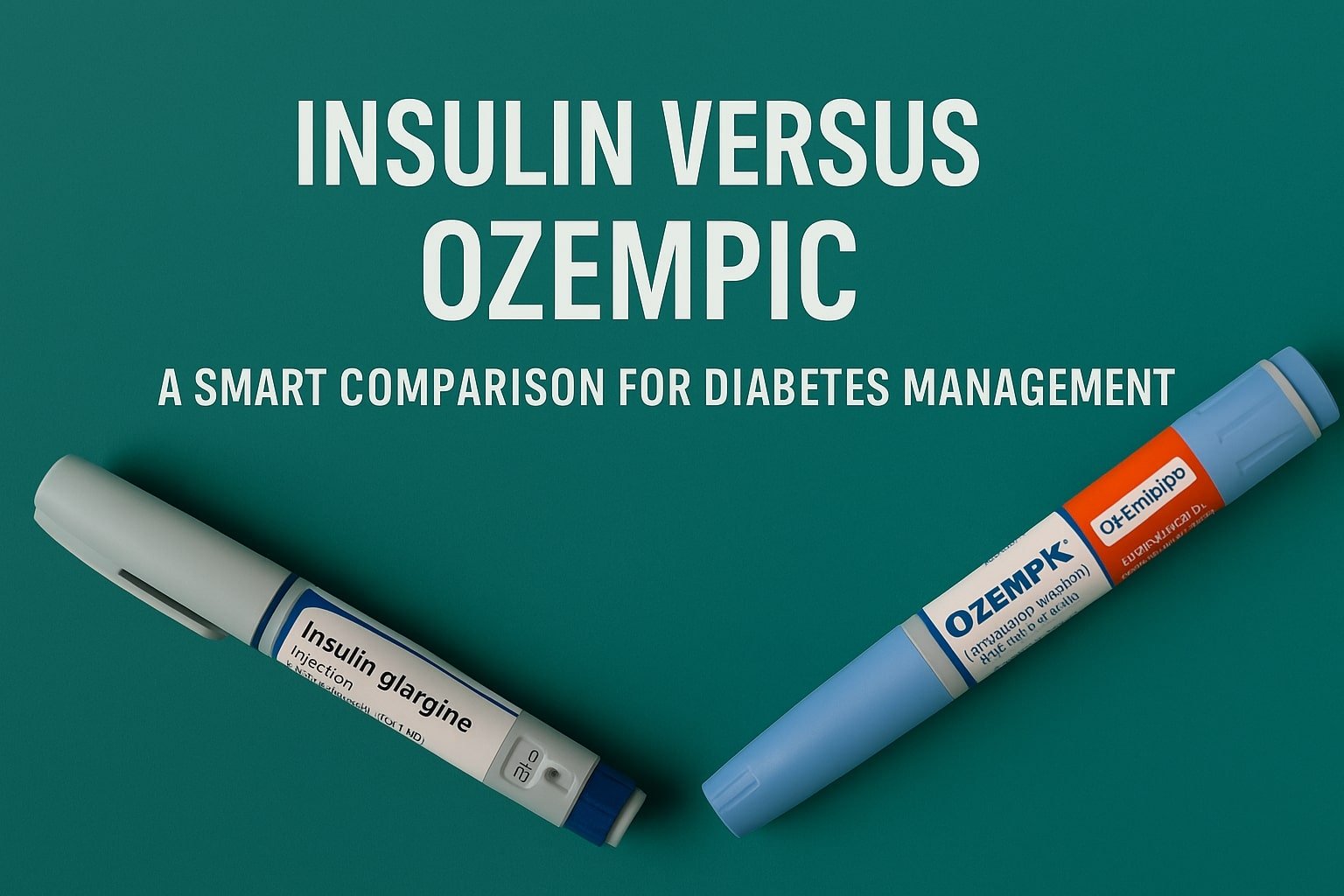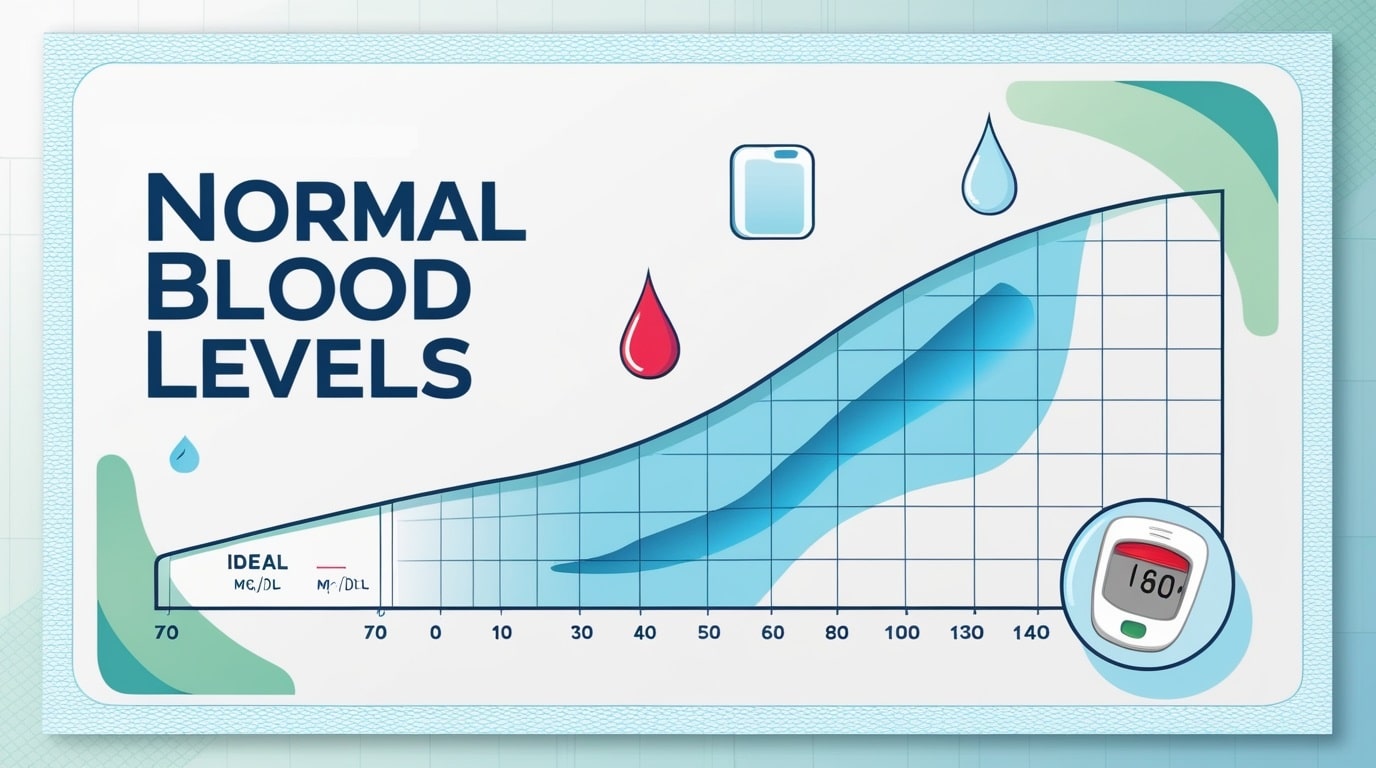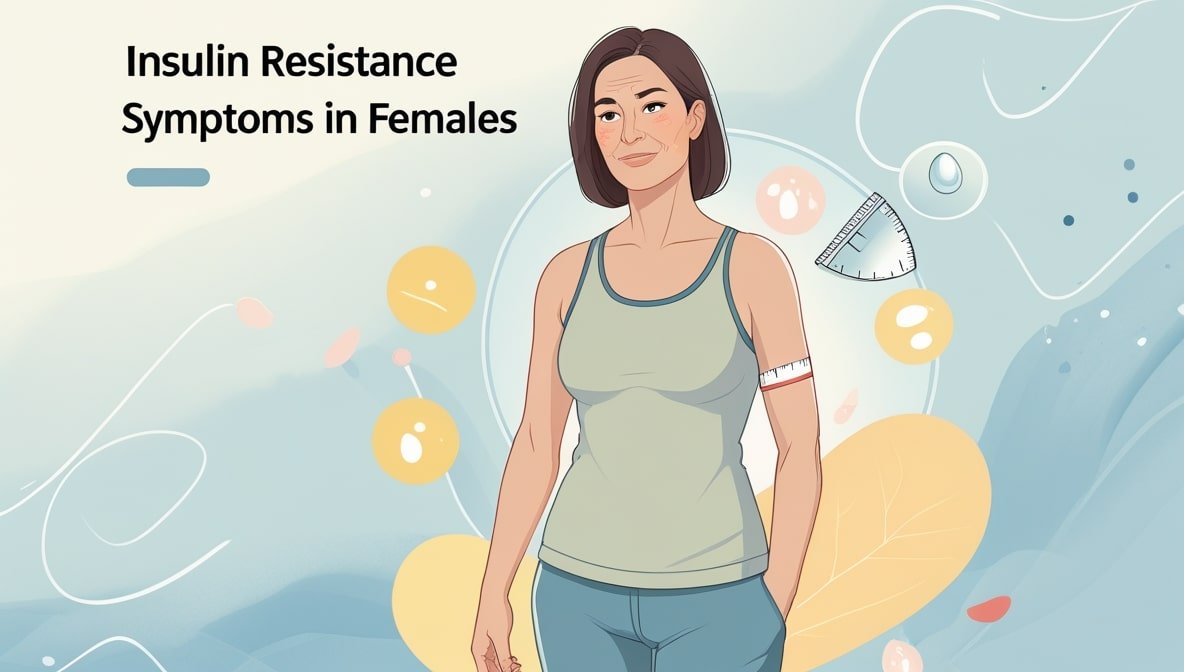Individuals sometimes develop blood sugar concerns linked to persistent alcohol intake. This situation may involve elevated insulin resistance or damage to the pancreas, potentially leading to a diabetes diagnosis. Some people wonder if cutting out alcohol entirely can help reverse these issues. This post provides a general overview, though it is not a substitute for professional medical guidance.
Halting alcohol consumption can help reverse certain diabetes factors linked to drinking, but outcomes vary based on personal health and medical guidance.
How Alcohol Affects Blood Sugar
Excessive alcohol consumption can disrupt normal blood sugar control in several ways. It may cause the body to become less sensitive to insulin, interfere with glucose production in the liver, or harm cells in the pancreas. Over time, these disruptions could contribute to type 2 diabetes.
Potential for Improvement
For individuals with alcohol-related blood sugar problems, stopping or significantly reducing drinking can be beneficial. Research indicates that the body often recovers to some extent when the irritant (in this case, alcohol) is removed. Improved dietary habits and regular exercise may support better glucose control as well.
It is important to recognize that no single strategy works for everyone. Factors such as genetic predisposition, duration and intensity of alcohol consumption, and overall health profile play a part in determining results. Still, many people see better blood sugar levels after reducing or eliminating alcohol from their routine.
Additional Lifestyle Measures
- Balanced Diet: Focus on vegetables, fruits, whole grains, and lean proteins to support stable blood sugar.
- Physical Activity: Aim for frequent exercise, such as brisk walking or cycling, to assist with insulin function.
- Routine Medical Checkups: A healthcare professional can monitor your progress, adjust any medication if necessary, and offer personalized recommendations.
- Stress Management: High stress levels can worsen blood sugar control. Consider approaches like meditation or counseling.
Closing Thoughts
Reducing or stopping alcohol intake can assist many people in improving their blood sugar status. However, each case is unique. It is advisable to discuss any concerns with a qualified medical professional to develop a plan based on your specific needs. By combining moderation (or abstinence) with other healthy lifestyle choices, there is potential for favorable changes in overall glucose control.
References
- National Institute on Alcohol Abuse and Alcoholism (NIAAA). “Alcohol Facts and Statistics.” Updated 2023.
- American Diabetes Association. “Alcohol.”
- Mayo Clinic. “Diabetes risk factors.”
- Centers for Disease Control and Prevention. “Alcohol and Public Health.”





